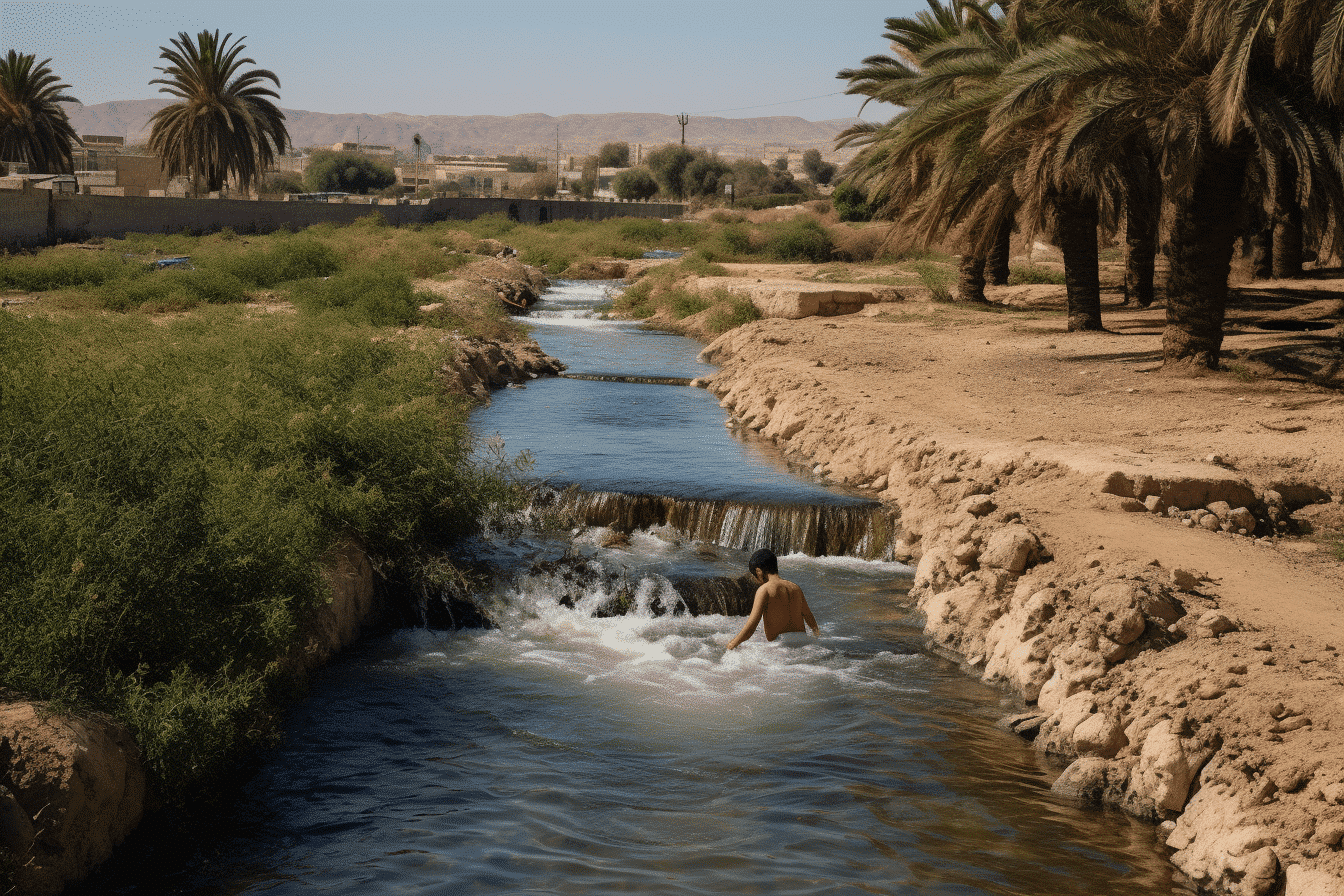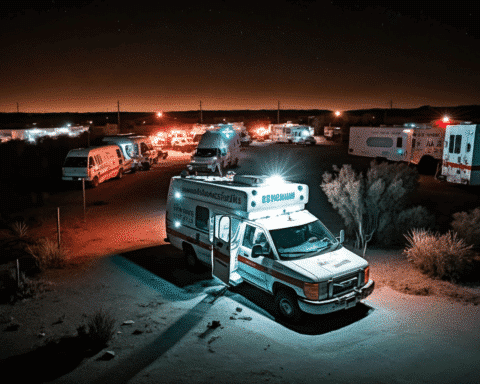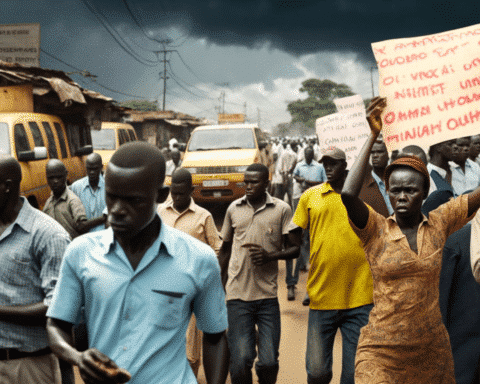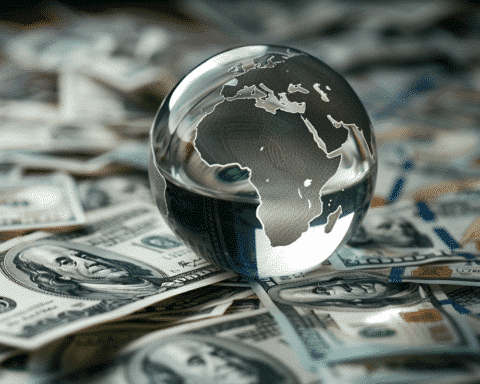In many parts of the occupied West Bank, date palms wilt and greenhouses stand abandoned due to the lack of water access in areas where Israeli pipelines don’t extend. Palestinians recount the challenges of meeting basic needs like bathing and washing clothes, with agriculture being hit the hardest.
Meanwhile, nearby Jewish settlements paint a starkly different picture. These settlements are verdant with blooming wildflowers, farmed fish ponds, and communal swimming pools for children.
The disparity in water access highlights a deeper battle for control over the West Bank, especially the Jordan Valley. For Palestinians, it represents a significant part of their envisioned future state, while for Israelis, it’s strategic for safeguarding their eastern boundaries.
Hazeh Daraghmeh, a senior Palestinian date farmer, laments over his dying palms. He feels the pressure is deliberate, “They’re squeezing us gradually,” he expressed.
Following interim peace accords from the 1990s, Israel gained control over a vast majority of the West Bank’s water reserves. This has left many Palestinians, especially in the Jordan Valley, without consistent access to water.
Despite the accords being temporary, they still stand. Eyal Hareuveni, from the Israeli human rights group B’Tselem, points out that Israel’s water provision hasn’t evolved in line with Palestinian needs. The infrastructure largely benefits settlements.
Jewish settlers in the West Bank enjoy a sophisticated water network, ensuring uninterrupted supply. In contrast, Palestinians face inconsistent access, especially during scorching summers.
As the region grapples with escalating droughts and changing political climates, the water crisis for Palestinians has intensified. The Palestinian Water Minister, Mazen Ghunaim, indicates that some cities have experienced significant water reductions.
In Hebron, residents like Osama Abu Sharkh adjust their daily routines based on water availability, relying heavily on stored or trucked water when taps run dry.
Ghunaim believes the water restrictions stem from political motivations. But Israeli agencies attribute them to technical issues, maintaining that they continue to supply as per existing agreements.
However, as both Israeli and Palestinian populations grow, natural water sources are depleting. Restrictions on Palestinians for digging or deepening wells have led to demolitions of unauthorized water installations, as reported by the United Nations OCHA.
In comparison to Israeli settlers’ consumption, water usage in Palestinian communities of the Jordan Valley is drastically lower, falling below the World Health Organization’s recommended standard.
Israel, benefiting from advanced desalination and water recycling, is no longer as reliant on underground reserves. According to Jan Selby from the University of Sheffield, Israel’s motivations now lean more toward political control than water access. The water infrastructure supports not just the settlements but also Jewish outposts’ agriculture, further establishing Israeli dominance over the West Bank.
Ibrahim Sawafta, from the Palestinian village of Bardala, sees a direct correlation between the prosperity of Israeli settlements and the water challenges faced by Palestinians. The diminishing water resources have impacted local agriculture, prompting many to abandon farming and seek opportunities in Israeli settlements.
In Sawafta’s eyes, the message from Israeli authorities is clear, “They wish for us to be dependent, not self-reliant.”
The West Bank water crisis is a vivid representation of the larger socio-political struggles between Israelis and Palestinians. As settlements continue to flourish, many Palestinians grapple with diminishing resources and increasing dependencies. In this delicate balance of power, it remains essential for both sides to recognize the profound human cost of the situation and work collaboratively towards a sustainable solution that ensures every individual’s right to water and, by extension, to life.




